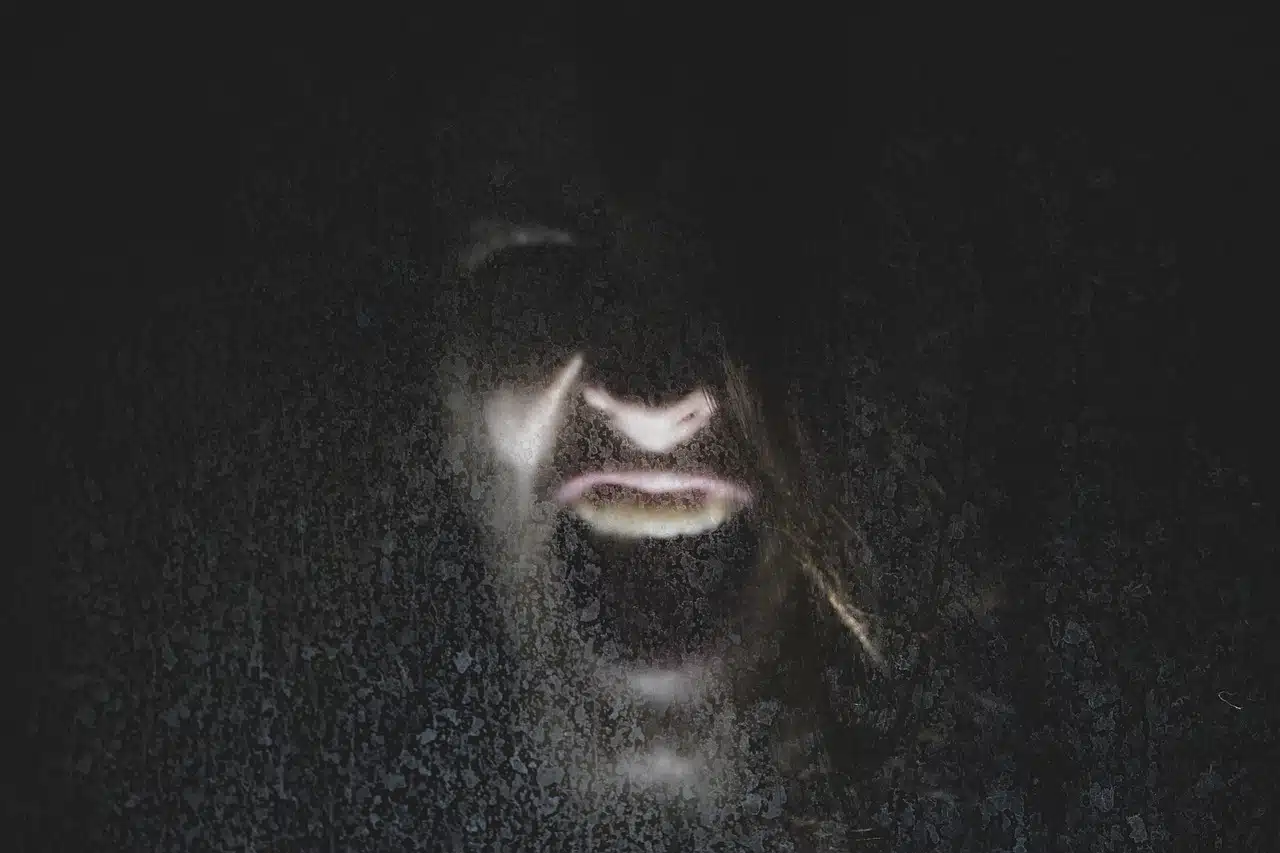
Cursing can be expressing anger.
Cursing is the act of uttering curses against something or someone . The etymology of this term takes us to the Latin word maledicĕre , which can be translated as “to insult.”
curse
Generally, cursing is linked to cursing in the sense of expressing anger . In this framework, it is possible to curse in the air, without the expression being directed at someone or something in particular.
For example: “I will always curse that place where I suffered so much” , “The old man began to curse the police officers who came to calm him down” , “My mother taught me that I should not curse anyone no matter how angry they are” .
In the first example we have a case similar to that of the air, mentioned above: the sender has negative feelings towards a place, because of the situations he experienced there. The second is different, since it uses the term in the sense of "insulting", something that the subject does because of his alteration and lack of control . Finally, it is good advice to avoid aggression (verbal or physical) whenever possible, prioritizing dialogue to reach a true understanding.
Suppose that a young man carrying a tray full of glasses slips, causing the glasses to crash onto the floor and break. Faced with this event, the boy begins to curse. It could be understood that, in this context, what he is doing is cursing his luck or destiny .
Wish harm or harm
A curse can also be the wish that someone suffer harm or harm . There are those who believe in a magical power of these words , at least in the mouths of certain people, making it possible for what is desired to come true. Thus, the action of cursing is equivalent to causing suffering .
A shaman, to cite one case, can curse someone who appropriated his people's lands. This sorcerer considers that, with his sayings, he is in a position to cause harm to the person responsible for his misfortune . Believing, or not, in this effect is a personal question, although science dismisses the existence of curses.
Note that, from a grammatical point of view, curses are usually expressed in the subjunctive mood, since this is used to make hypothetical or uncertain statements. If we are uttering the curse at this moment, we use the present subjunctive: " I hope you writhe in pain !" »; If the sentence relates a curse made previously, then we use the past tense: " He wished that he would writhe in pain ." The conjunction that usually heads these constructions.

The Greeks and Romans were organized to curse their enemies.
Greek and Roman curses
Cursing in ancient Rome and Greece was a very structured practice, which was written down and followed a well-defined protocol. The Romans called curses tabulae defixiones , while in Greek they were called katadesmoi . They usually resorted to invoking a spirit such as a demon, a god, or someone who had died prematurely to help them achieve their goals. Then, the tablets on which they wrote their wishes were kept in a place such as a cemetery or a tomb.
Like all curses, those of that time were very specific in the type of damage or suffering that their authors wished for their enemies. The level of organization for its implementation, however, was much higher than today, especially because it was an integral part of their governments and armies; In Greece, for example, there were priests especially dedicated to cursing . There is much detailed material evidence of these ancient practices, including descriptions in various works of fiction.
